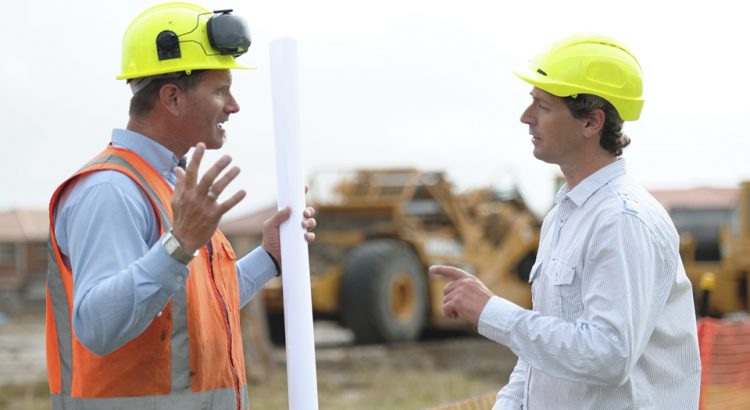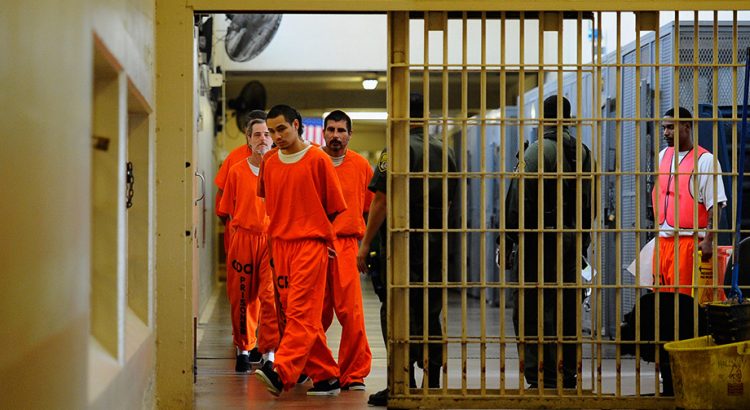Mediation is a process that can benefit individuals that want to resolving disputes in a courtroom setting.
One of the primary issues with today’s construction contracts is that they’re extremely complex and filled with questionable term and conditions. Contractors are now dealing with 600 pages of terms that intend to place the full responsibility on the contractor himself. Although the construction industry has never been a simple business, it should be noted that it’s becoming even more difficult. In order to control risks, contractors and owners are relying on legalistic maneuvers to avoid having to perform damage control.
Construction Mediation and Its Costs
Now, the downside to these contracts is that it comes with an increased opportunity for contractual disputes. Most disputes however, can be resolved without having to enter a courtroom setting. This is done through the process of private mediation. And, it’s becoming more and more popular with the construction industry. Arbitration is a fair method of resolving disputes, but it does have some caveats. For instance, it is not always less costly than litigation and it can be relatively expensive when the entire process adds up. This is where mediation comes in. It’s a simplified method that involves the disputants maintaining control of the entire ordeal, rather than the lawyers, giving both parties more control of negotiations and settlements. Over 80% of disputes are submitted to mediation and resolved in a mutually beneficial manner.
Finding the Right Mediator
Since mediation is just beginning to grasp a firm hold within the construction industry, people tend to have difficulties finding the right mediation firm or mediator to help them through their case. Now, it’s important to remember that there are certain states that have a required certification program for mediators – like Virginia and North Carolina. Follow up on your state’s laws to help become better informed. The rise of mediation is leading to mediators opening up their own businesses as it’s being seen as a solid business endeavor. However, not all mediators offering their services are qualified to handle the complexities of the construction industry. Not only is it important that you choose a seasoned mediator, but select one that has worked within the construction field or one of the many qualified interim short term management services. This way, the terminology and construction jargon will be second nature to him and the process will be handled much smoother as opposed to someone new to the business. Remember, an experienced construction mediator doesn’t need the time to learn all the construction fundamentals and can instead start working on the case at hand.
Lyle Charles is a steel fabrication expert and seasoned mediator that can help you with your construction-related claims with precision and expertise.

